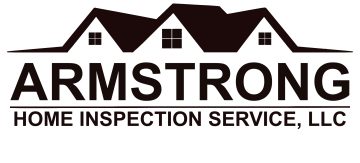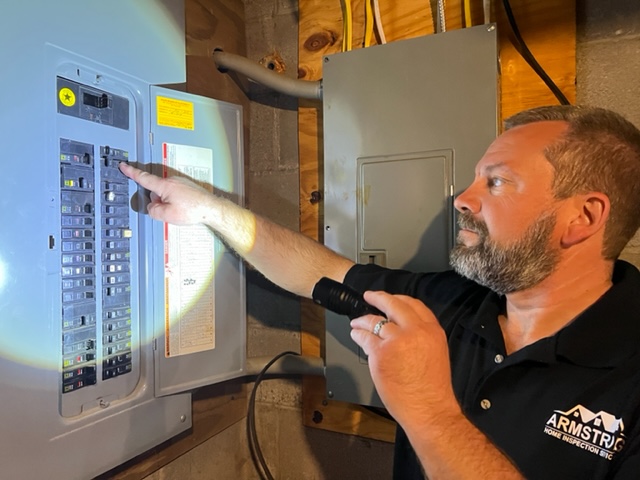
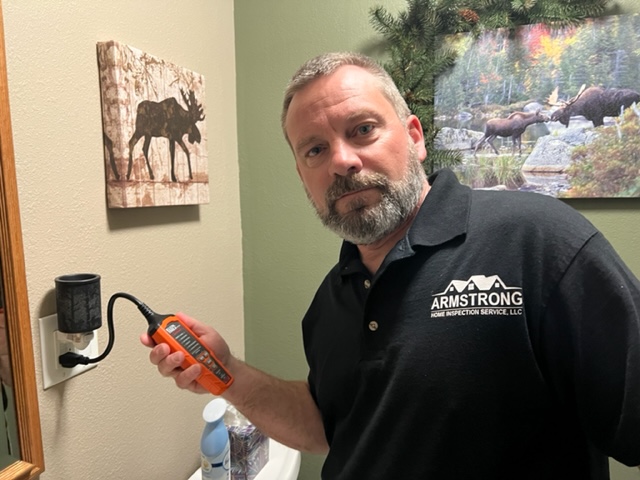
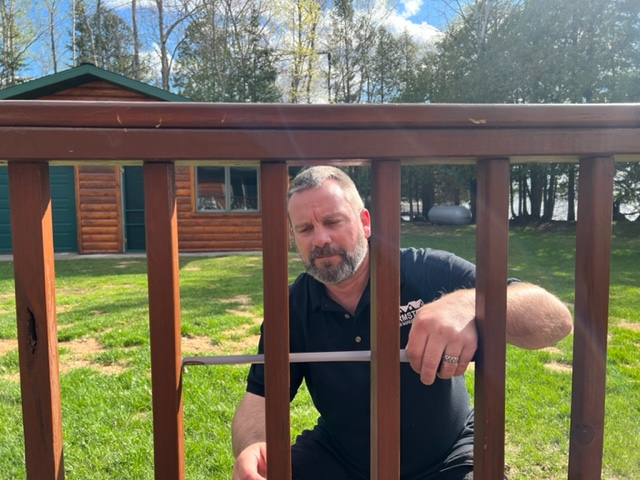
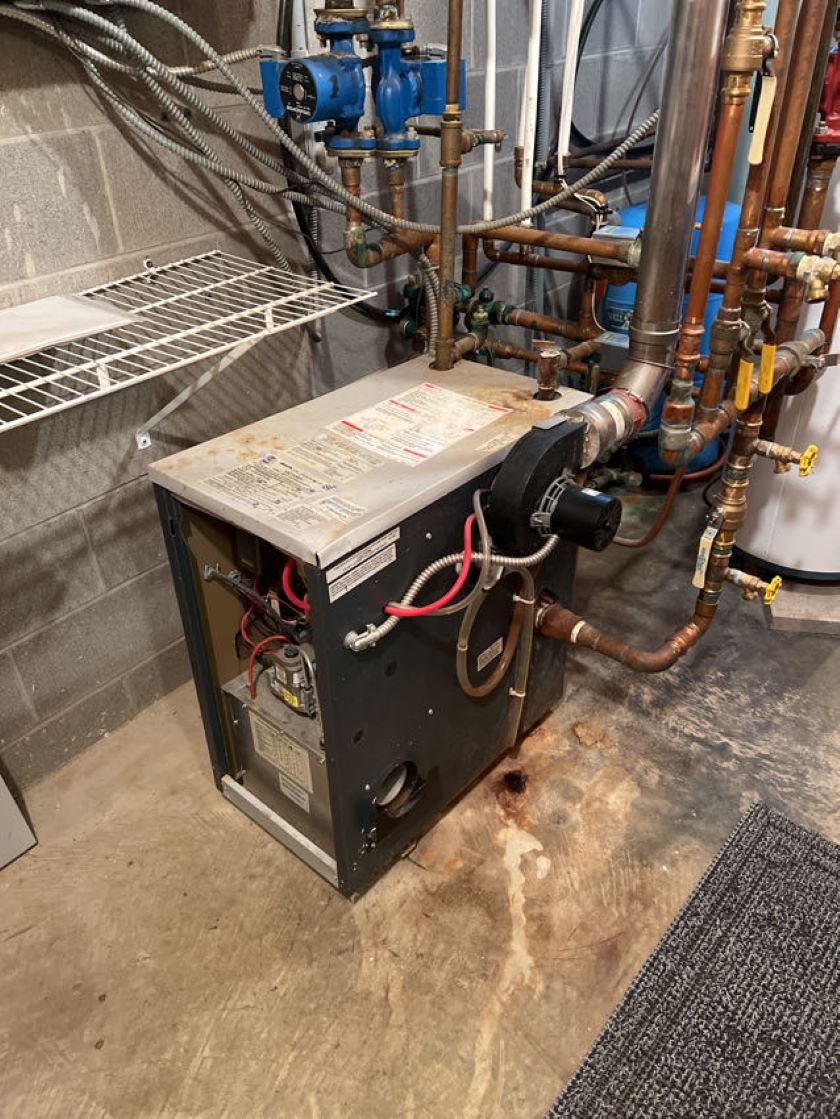
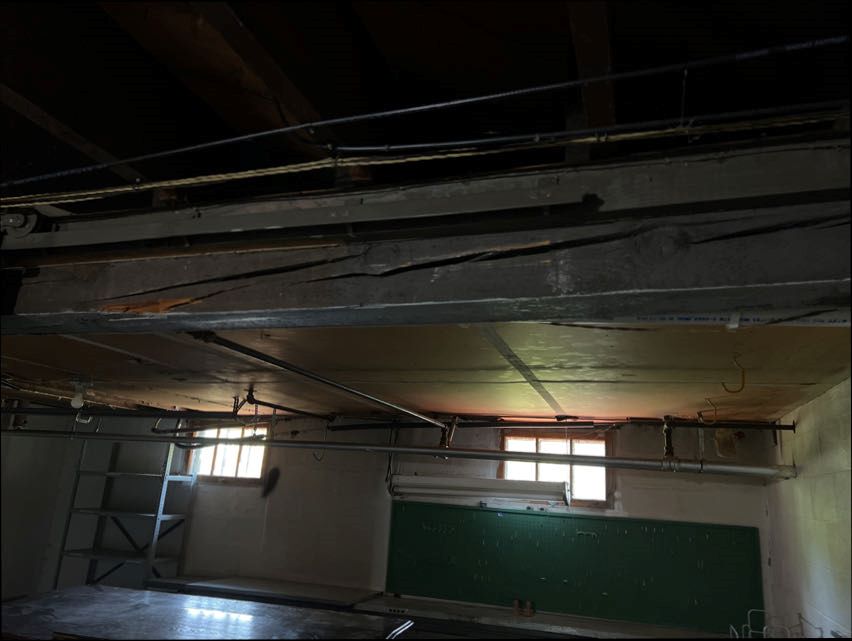
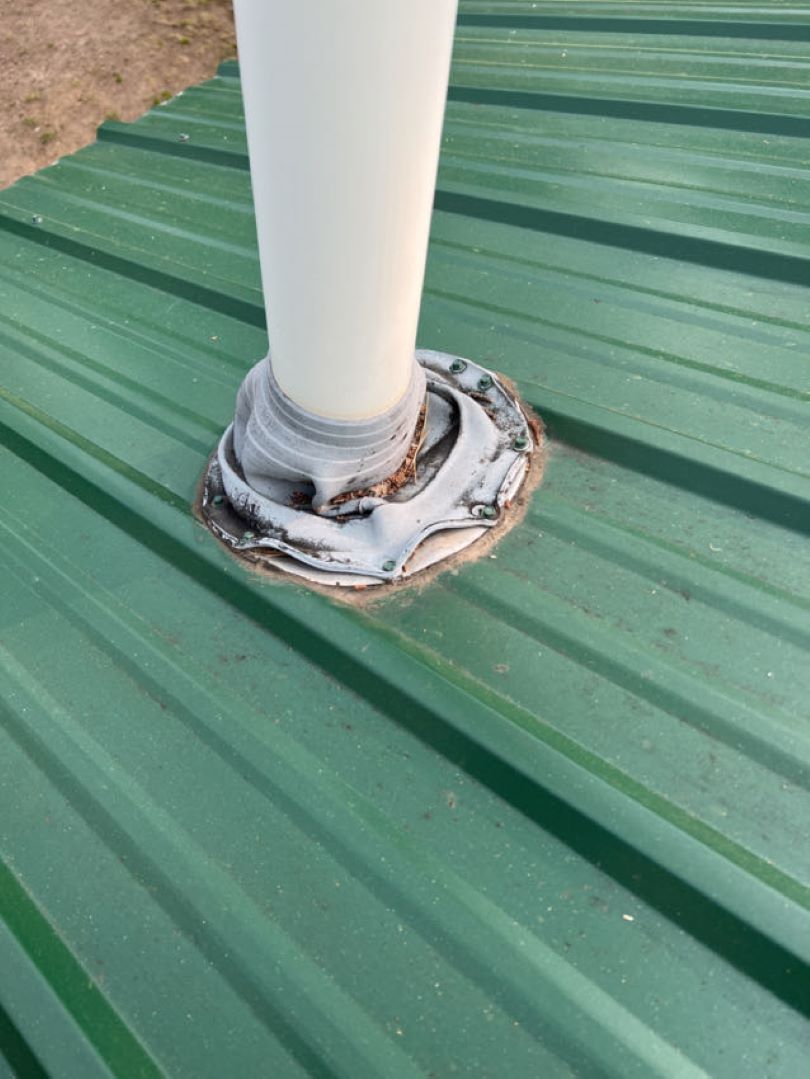
THE HOME INSPECTION - WHATS INCLUDED?
- Roof Coverings, Flashing, and Chimney
- Inspect the roof coverings and flashing to ensure that they are in good condition and free from damage. We'll also inspect the chimney to check for any signs of deterioration or damage.
- Grading & Drainage
- Evaluate the grading around the property to ensure that water is properly directed away from the foundation. We'll also check the drainage systems to ensure that they are functioning properly.
- Foundations & Basements
- Inspect the foundation and basement for any signs of cracking, settling, or water intrusion. We'll also check for proper ventilation and insulation.
- Decks, Steps, Porches, and Railings
- Inspect all exterior structures, including decks, steps, porches, and railings, to ensure that they are safe and secure.
- Attic Structure: Ventilation, Wiring & Insulation
- Evaluate the attic structure, including the ventilation, wiring, and insulation, to ensure that it is properly installed and functioning as intended.
- Walls: Exterior & Interior
- Inspect the exterior and interior walls for any signs of damage, deterioration, or water intrusion.
- Ceilings & Floors
- Evaluate the ceilings and floors for any signs of damage, sagging, or other issues.
- Heating & Cooling(HVAC)
- Inspect the heating and cooling systems to ensure that they are properly installed and functioning as intended. This includes checking the furnace/boiler, air conditioner, and ductwork.
- Plumbing: Drains, Waste, Vents, Fixtures, and Supply
- Evaluate the plumbing systems, including the drains, waste, vents, fixtures, and supply lines, to ensure that they are properly installed and functioning as intended.
- Electrical
- Inspect the electrical systems to ensure that they are properly installed and functioning as intended. This includes checking the electrical panel, outlets, switches, and wiring.
- Appliances
- Test major appliances, such as the stove, dishwasher, and refrigerator, to ensure that they are in good working condition.
- Garages/outbuildings
- Inspect any detached garages or outbuildings on the property to ensure that they are structurally sound and in good condition.
- OUR HOME INSPECTIONS ARE VERY DETAILED AND THOROUGH
- A TYPICAL HOME INSPECTION LASTS ABOUT 3 HOURS
Services We Offer:
Sellers Pre-Listing Home Inspection
Listing inspections are very good for the homeowner. Many sales are cancelled due to the buyer’s shock of the unforeseen condition of the home. It may look great, but have serious technical, safety, or functional issues present without the owner’s knowledge. Having the home inspected prior to placing on the market is the ideal way to identify and either repair or disclose the issues found in the inspection report. Also, providing prospective buyers with an inspection report could be a huge selling point as the buyers will not have to have the home inspected.
Buyers Pre-Purchase Home Inspection
Having a home inspected prior to purchasing the home is a must. You would not want to buy the home and find out after the fact that there are several things wrong that will require hundreds or thousands of dollars to fix and repair. A home inspection is also a bargaining tool: if there are major things wrong you can negotiate the price of the home or to have the items repaired prior to closing on the home.
Manufactured Home Engineers Foundation Certification(also known as HUD Compliance Certifications)
For all FHA, VA, and some conventional loans, an engineer’s foundation certification is required that states that the home is placed on a permanent foundation that complies with the “HUD Permanent Foundation Guide for Manufactured Homes”, dated 1996 by the US Department of Housing and Urban Development (HUD).
Lenders and loan underwriters must receive a foundation and/or addition certificate from an engineer assuring the HUD compliance of the structure. Being HUD compliant means the foundation is permanent, and that any additional structures like decks, garages and porches are built to the HUD code. The HUD code is different than the building code.
We are not structural engineers, but we have partnered with one of the best engineering firms (Manufactured Home Certifications, US LLC) that specializes in the certification of permanent foundations and additions for manufactured housing. We can help you get the engineering certification needed for the permanent foundation of your manufactured home.
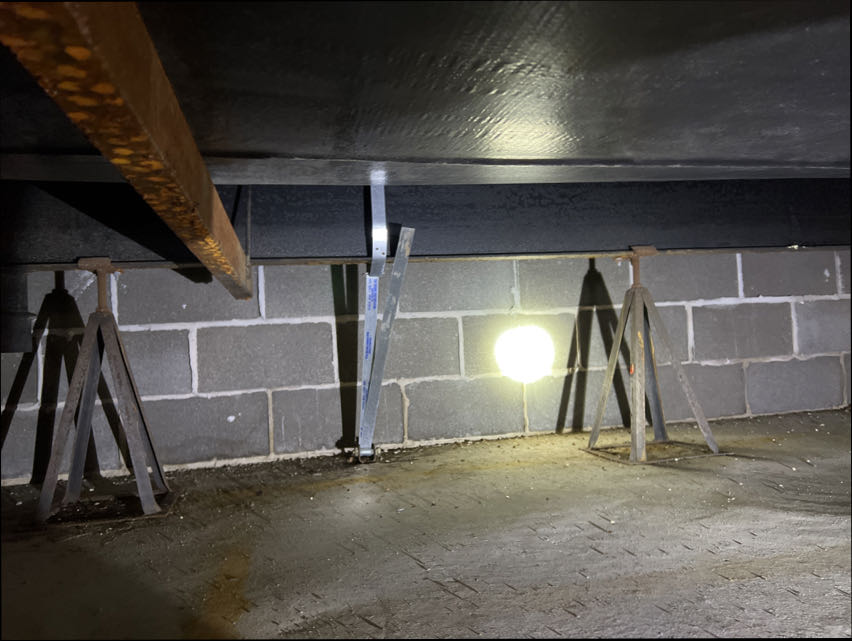
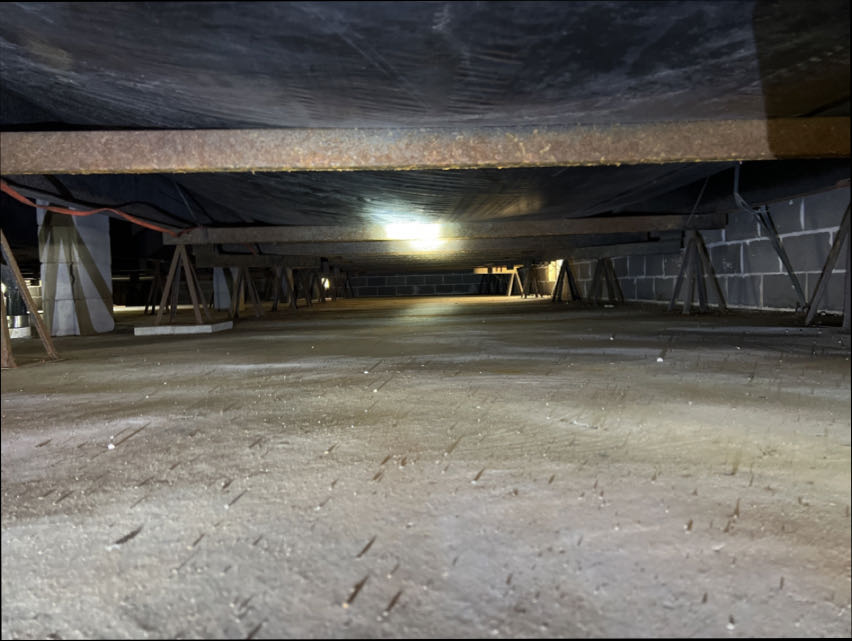
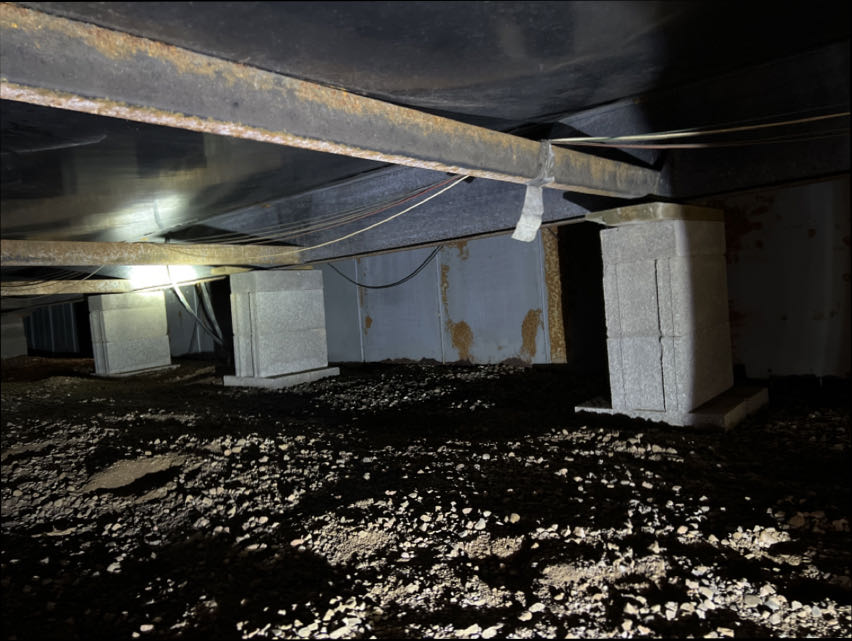
"Quick Look" Walk Through Home Consultation
To help home buyers who may choose to forego a full home inspection we offer a "Quick Look" Walk Through Home Consultation. A "Quick Look" Walk Through Home Consultation is not a home inspection. This is a consultation where I walk through the interior and exterior of the home with the potential home buyer to share my observations, insights, and concerns as well as answer some of your questions about the home.
Radon is a naturally-occurring radioactive gas that can cause lung cancer. Radon gas is inert, colorless and odorless. Radon is naturally in the atmosphere in trace amounts. Outdoors, radon disperses rapidly and, generally, is not a health issue. Most radon exposure occurs inside homes. Radon gas becomes trapped indoors after it enters buildings through cracks and other holes in the foundation. Testing is the only way to find out your home's radon levels. If you find that you have high radon levels, there are ways to fix a radon problem. Even very high levels can be reduced to acceptable levels. If the home has not yet been tested, you should have the house tested. We are a radon measurement professional licensed by the MN Dept of Health. License #RMEA-00458. We use continuous radon monitoring devices and you will receive a detailed report of the homes radon level at the end of the test.
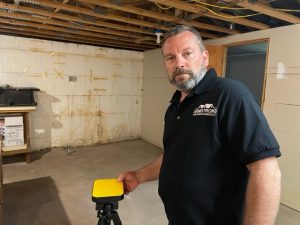
Water quality testing is a specialized but simple test that checks a home's water supply for contaminants and pollutants, such as coliform bacteria, E-coli, nitrites/nitrates, lead, iron, and the pH of the water. Testing ensures that the home's water is potable and safe for everyday use. We take water samples and deliver them to a certified water analysis lab where the samples are tested and a report is provided within 5-7 days.
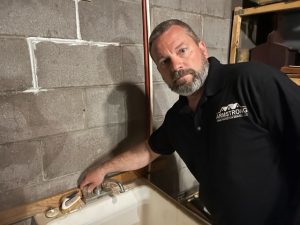
Infrared thermal imaging is a process where a thermal camera captures and creates an image of an object by using infrared radiation emitted from the object. Thermal images, or thermograms, are actually visual displays of the amount of infrared energy emitted, transmitted, and reflected by an object. Thermal imaging works great for detecting hidden damages behind wall coverings, heat loss due to lack of insulation, moisture intrusion, faulty and/or overcurrent on an electrical circuit, and to verify the operation and condition of radiant in-floor heating systems.
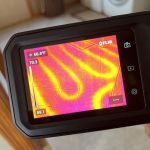
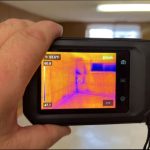
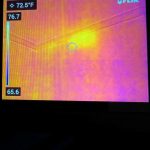
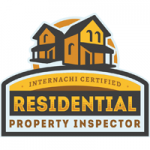
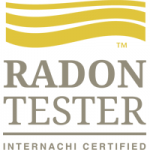
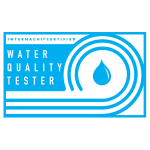
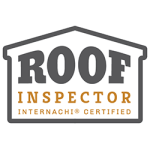
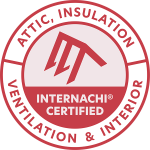
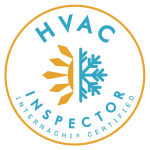
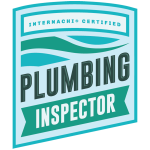
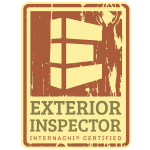
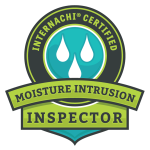
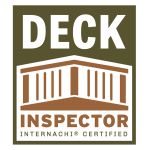
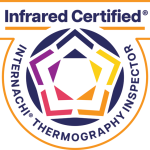


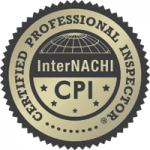
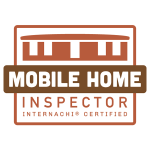
Please don't hesitate to contact us with any questions you may have.
